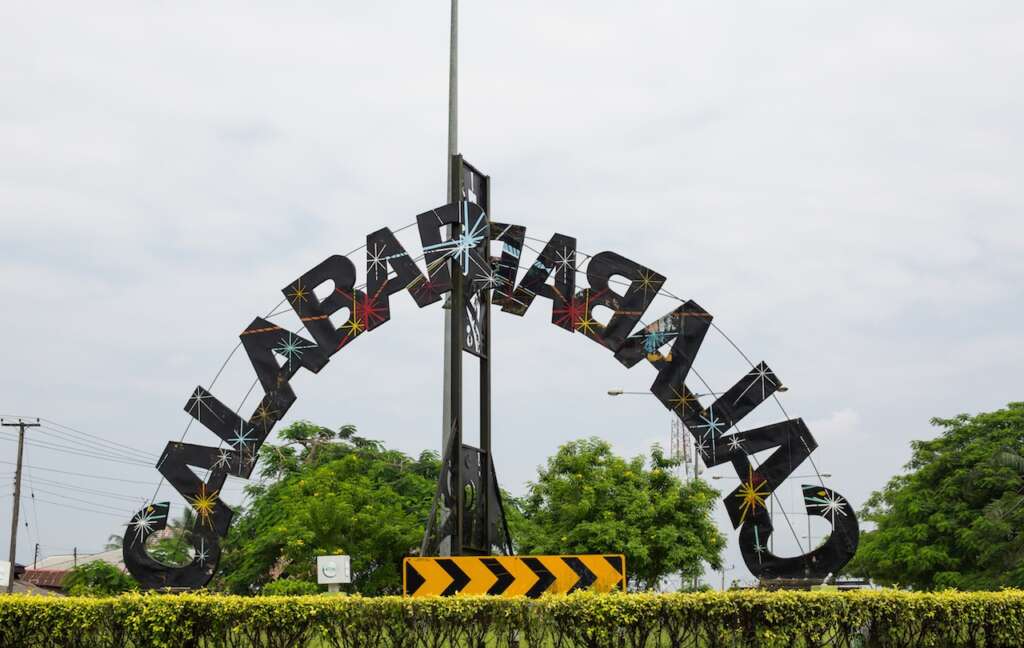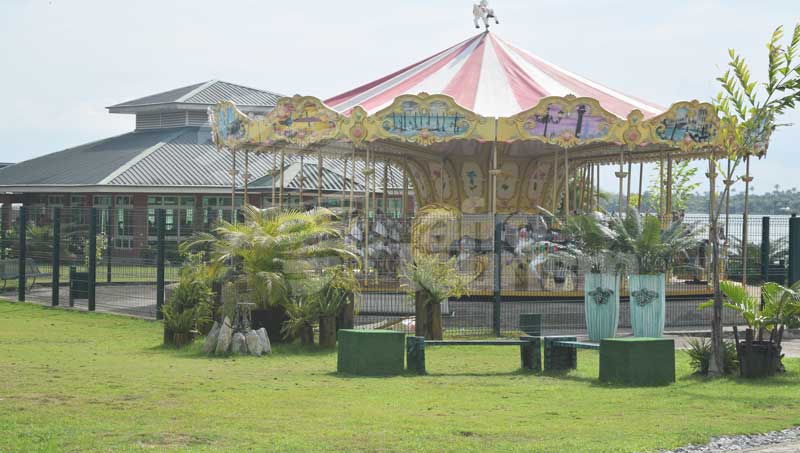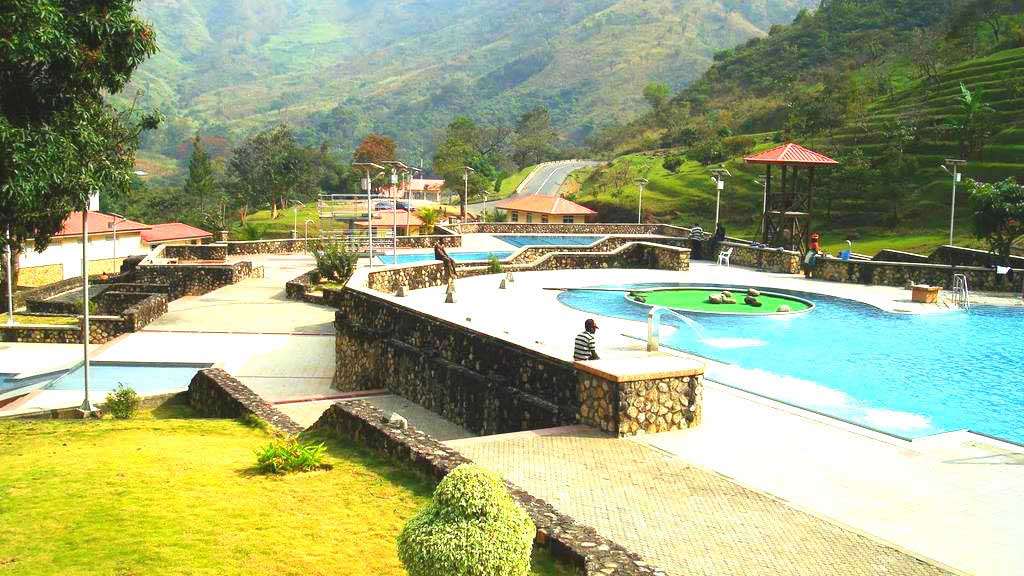Latest News
10 Interesting Facts About Calabar
Have you ever wondered what are the interesting facts about Calabar, the capital of Cross River State, Nigeria? Here are 10 prominent facts you should know.

Calabar (also known as Callabar, Calabari, Calbari, Kalabari, and Kalabar) is the capital of Cross River State, Nigeria. In the Efik language, it was originally known as Akwa Akpa. The city is bordered by the Cross River’s Calabar and Great Kwa rivers and creeks (from its inland delta). Calabar is now the capital of Nigeria’s Cross River State
1. Most Prominent Tourist Destination in Nigeria
Calabar, Nigeria’s Cross River State capital is a major seaport, agricultural centre, and one of the country’s most prominent tourist destinations. Indeed, one of the city’s most valuable assets is its surrounding natural beauty.
Major Tourist Centres In Calabar
Calabar is known as Nigeria’s tourism capital, thanks to several measures introduced during Donald Duke’s administration (1999–2007), which made the city the cleanest and most environmentally friendly in the world.
1. MARINA RESORT
The Marina Resort (on the canal, down the hill from the National Museum), One of Calabar’s most interesting tourist destinations. The resort features colonial-era structures as well as modern amenities such as a slave museum, speed boat ride (which could take you to Twins Island, where missionary Mary Slesser hid twins to escape infanticide), carousel horse ride, film/movie theatre (the only one in Calabar, but not very good), and night clubs. Visitors to the resort will enjoy a rare view of the beautiful Calabar River while relaxing. Entry is 100 naira, with a slave museum costing 200 Naira and a boat trip costing 1000 naira (barter).
2. OBUDU MOUNTAIN RESORT
The Obudu Mountain Resort, also known as the Obudu Cattle Ranch, is one of Africa’s most scenic and interesting tourist destinations.
Obudu Mountain Resort is 45 miles from the Cameroonian border in the highlands and deep tropical forests of Cross River State, which is the state of Calabar, and it has a temperate climate.
If you’re a tourist looking for a combination of adventure and idyllic tranquillity, Obudu Cattle Ranch is the place to go. Obudu is becoming increasingly popular among tourists from all over Nigeria and Africa as a whole, thanks to its lush natural vegetation and picturesque views.
The ranch has many fun and Scenic Mountain and country views, as well as a well-preserved agroforestry system.
2. Major Trading Centre
It is also one of Nigeria’s oldest towns, having once acted as a major trading centre and a hub for the British slave trade. Calabar’s tragic past and current circumstances make for an intriguing visit.
3. Interesting Places to Visit
Calabar is known as the People’s Paradise because of its many interesting places to visit.
4. Low Crime Rate
Calabar has a low risk or crime ranking, and it has recently seen a large increase in population due to economic prosperity, tourism growth, and the city’s unique nature, both of which contribute to its safety and development. It has a population of 371,022 people and covers 406 square kilometres (157 square miles) according to the 2006 census. Excellent security measures are in place, with several police stations located across the area. Many expatriates reside in the city because the government has built a safe and friendly atmosphere for all.
5. Slave-Trading Centre
Calabar Municipal and Calabar South Local Government Areas are the administrative divisions of the district. It covers 406 square kilometres (157 square miles). Calabar is one of Nigeria’s oldest trade hubs. The city is located on a natural hill with a view of the Calabar River.
The British founded Calabar as a slave-trading centre in the 17th century. In the 18th, 19th, and early 20th centuries, it grew to be Nigeria’s largest colonial government. The city was a major port for palm oil trade and commodity exports and imports from the South East of Nigeria after the slave trade ended. It was the capital of the Niger Coast Protectorate and later the Nigerian Southern Protectorate.
6. Calabar is a Big City
Calabar is now a big city with many cities, including Akim, Ikot Ansa, Ikot Ishie, Kasuk, Duke Town, Henshaw Town, Cobham Town, Ikot Omin, and Obutong.
7. Foreign Seaport
Calabar has been a known foreign seaport since the 16th century, shipping out commodities such as palm oil, it became a major port in the transportation of African slaves during the period of the Atlantic slave trade, and the Spanish called it Calabar. By the 18th century, the majority of slave ships transporting slaves from Calabar were British, with Bristol and Liverpool’s merchants owning about 85% of these ships. Old Calabar (Duke Town) and Creek Town, 16 kilometres (10 miles) northeast, were significant slave-trading towns at the time. In 1815, HMS Comus may have been the first British warship to sail as far as Duke Town, where she captured seven Spanish and Portuguese slave ships.
8. First Social Club in Nigeria
The Africa Club, Nigeria’s first social club, was founded in the region. It was the location of Nigeria’s first competitive football, cricket, and field hockey tournaments. The first Roman Catholic Mass (held at 19 Bocco Lane, Calabar – 1903) and the oldest secondary school in eastern Nigeria (Hope Waddell Training Institution – 1895) were both held in the region. Nnamdi Azikiwe, who later became President of Nigeria, was a graduate of the school.
9. Delicious Food
Calabar is renowned for its delicious food, and sampling the popular Calabar soups, such as Edikaikong and Afang, is a must-do.![]()
10. Africa’s Biggest Carnival
Calabar Carnival is Africa’s biggest street cultural festival. Every year in December, the carnival draws thousands of tourists and guests from all over the world. In 1981, a territorial dispute between Nigeria and Cameroon centred on colonial appropriations in a neighbouring municipality named Bakassi nearly led to war between the two countries. However, Bakassi was finally and reluctantly handed over to Cameroon by Nigeria.


